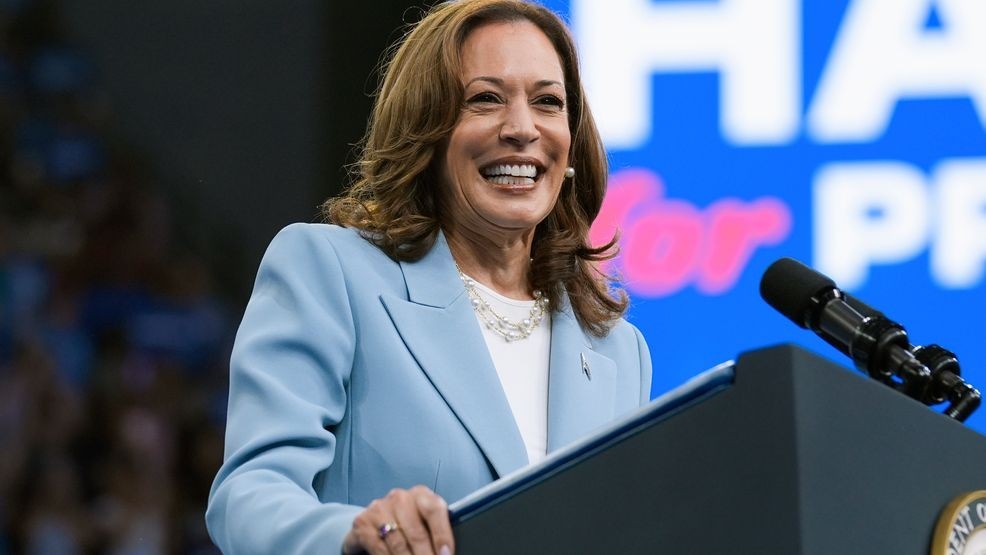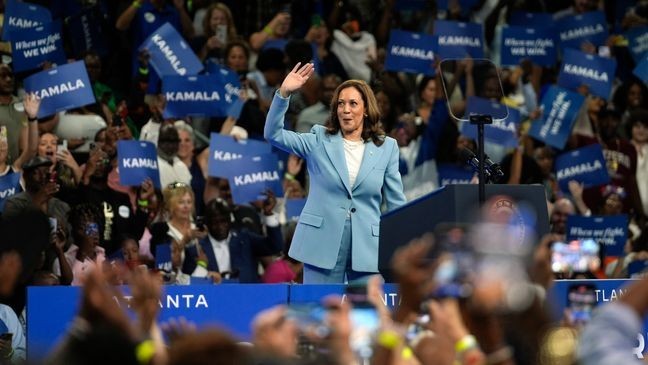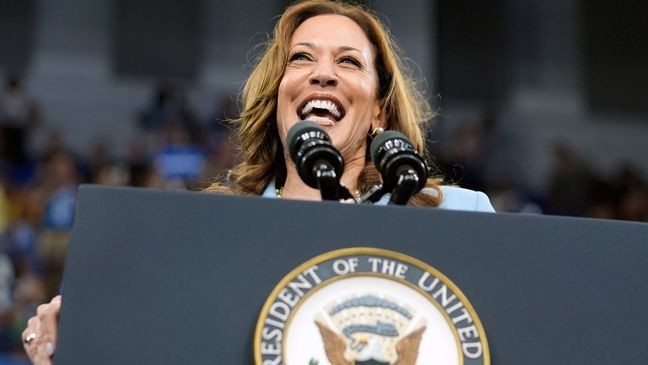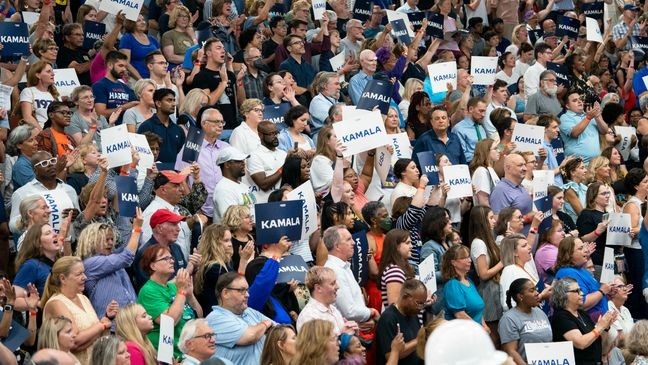Fact Check Team: The rarity of open conventions and their impact on elections
WASHINGTON (TND) — Vice President Kamala Harris officially has no challengers for the Democratic nomination. However, this outcome didn't come without pushback from some within the Republican and Democratic parties.
Initially, there were discussions about the possibility of holding an open convention. An open convention would have allowed multiple candidates to compete for delegate support directly on the convention floor, effectively creating a fast-paced, mini-primary. This approach would have given Democratic delegates the power to decide the nominee in real-time, giving lesser-known candidates a chance to appeal to a broader audience.
However, the Democratic National Committee (DNC) ultimately decided against this option. According to DNC Chair Jaime Harrison, the party chose to hold a virtual roll call vote instead. The decision was largely driven by the desire to avoid any potential chaos or confusion so late in the election cycle. By rallying behind a single candidate, the DNC aimed to present a unified front heading into the general election.
Harris has already secured pledges from nearly 4,000 delegates, far exceeding the 1,976 needed to clinch the nomination in the first round of voting. This overwhelming support solidifies her position as the Democratic candidate for president.
The move to avoid an open convention is not uncommon for both parties' history, given how infrequently such events have occurred in modern times.
To understand the context, it’s important to look back at the last time either major political party in the U.S. held an open convention. In 1968, Democratic President Lyndon B. Johnson, facing low approval ratings, dropped out of the race. His decision came as other candidates, including Robert F. Kennedy, were running strong campaigns. However, after Kennedy, who was leading in the polls, was assassinated, Johnson threw his support behind his Vice President, Hubert Humphrey. Humphrey went on to secure the nomination at the open convention but ultimately lost the general election to Richard Nixon.
Since then, both the Democratic and Republican parties have largely moved away from the open convention format in favor of primaries. Research shows that candidates who secure their party’s nomination through open conventions rarely win the presidency. A study by the Pew Research Center examined 60 Democratic and Republican nominating conventions from 1868 to 1984. It found that of the 18 candidates nominated in open conventions with multiple ballots, only seven went on to win the White House. This data highlights the importance of having a clear frontrunner by the time the convention occurs to win the general election.




